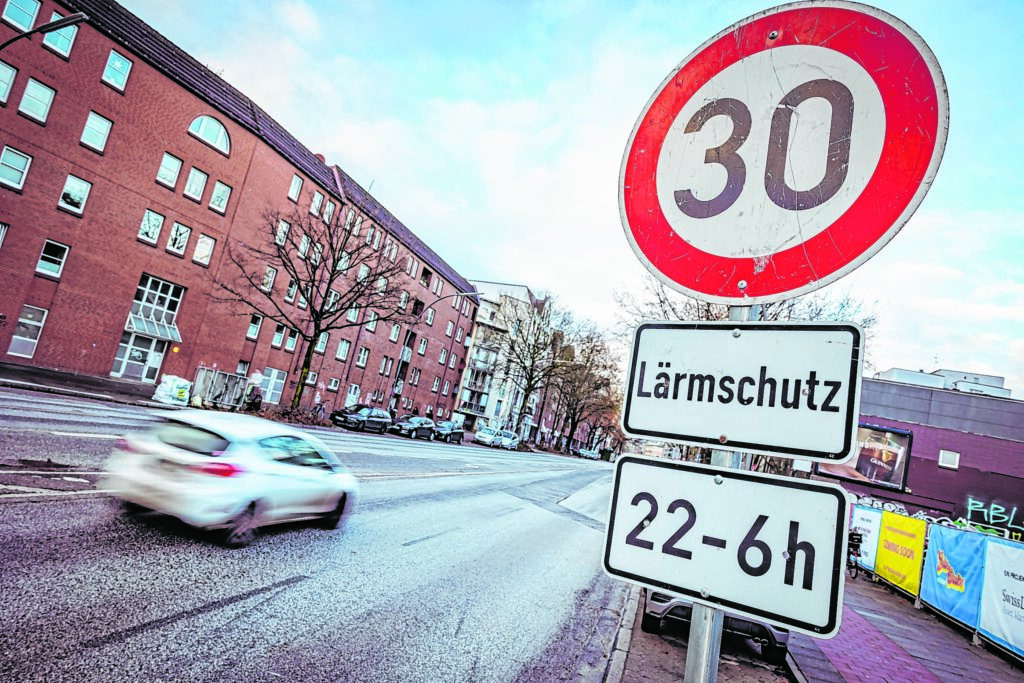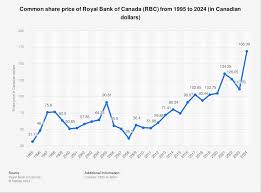
Introduction
Hamburg, Germany’s second-largest city, is a vital cultural and economic hub in Europe. With its rich maritime history, thriving port, and vibrant arts scene, Hamburg attracts millions of tourists and business professionals each year. Understanding Hamburg’s significance can provide insight into Germany’s economic landscape and its role in the European Union.
Cultural Significance
Home to over 1.8 million residents, Hamburg boasts a diverse population that contributes to its rich cultural fabric. The city is renowned for its music scene, particularly its connection to the Beatles in the early 60s. The Elbphilharmonie, a striking concert hall that opened in 2017, stands as a monument to the city’s dedication to the arts, hosting a variety of performances ranging from classical to contemporary.
The annual Hamburg Film Festival and the Hamburger DOM, Germany’s largest fair, further showcase Hamburg’s commitment to cultural festivities, drawing international crowds and promoting local artists and businesses.
Economic Landscape
Economically, Hamburg is one of Germany’s leading cities, contributing significantly to the national GDP. The Port of Hamburg is one of the largest ports in Europe, facilitating global trade and commerce. In 2022, it handled over 9 million containers, and the shipping industry remains a cornerstone of the local economy.
Furthermore, Hamburg is home to numerous companies in sectors such as aerospace, media, and logistics. The city’s strategic position as a gateway to Northern Europe makes it an attractive location for businesses looking to expand their reach into global markets.
Current Developments
In recent months, Hamburg has focused on sustainability and smart city initiatives. The city government has committed to reducing carbon emissions by 55% by 2030, implementing various green projects, including expanding cycling infrastructure and investing in renewable energy. Additionally, Hamburg’s digital transformation aims to enhance urban living through improved technology, including public services and transportation systems.
Conclusion
Hamburg stands as a testament to Germany’s rich history and ambitious future. Its blend of cultural vibrancy and economic power positions it as a key player in both European and global contexts. As the city embraces sustainability and technological advancement, it remains poised to continue attracting tourists and businesses alike. The future of Hamburg appears bright, promising growth and innovation for generations to come.




